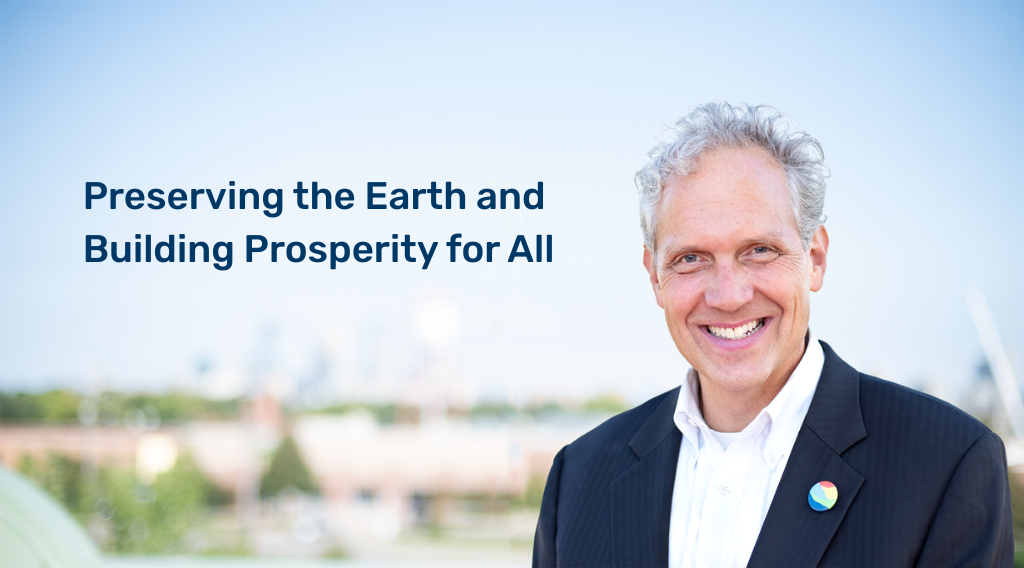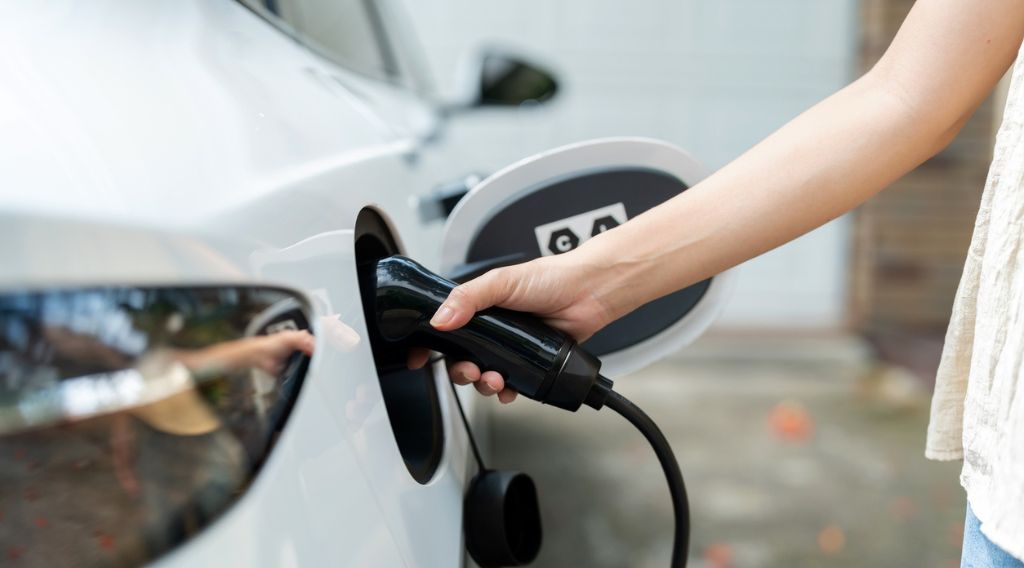
The Midwestern Clean Fuels Policy Initiative, facilitated by the Great Plains Institute, has released a new report detailing how a successful clean fuels policy for the Midwest should be designed. Read the full press release below and click here to download the white paper, A Clean Fuels Policy for the Midwest.
For Immediate Release:
New Report Shows How a Clean Fuels Policy for the Midwest Should Be Designed
Diverse stakeholder group details critical policy elements needed to ensure
broad economic and environmental benefits
Minneapolis, MN— A new report details the unique considerations needed to design a successful clean fuels policy for the Midwest. Created by Midwesterners for the Midwest, the report recommends a technology-neutral, portfolio approach that encourages a fair and competitive marketplace and benefits producers, consumers, agriculture, utilities, jobs, and public health.
The white paper, A Clean Fuels Policy for the Midwest, is the result of nearly two years of analysis and stakeholder discussion by the Midwestern Clean Fuels Policy Initiative. Facilitated by the Great Plains Institute, the Initiative brings together fuels producers and marketers, nonprofit and research organizations, scientists and engineers, and agriculture and industry stakeholders. The Initiative’s consensus white paper illustrates broad support for a policy by diverse interests across the region. The paper is intended to inform further discussion of new and existing clean fuels policies and how they could be tailored to benefit the Midwest.
“A comprehensive clean fuels policy is critical to solving the region’s most significant emissions challenge,” said Brendan Jordan, vice president of transportation and fuels at the Great Plains Institute. “This portfolio approach brings together a number of solutions from cleaner electricity to charge electric vehicles to bolstering the region’s rich agricultural resources while simultaneously lowering the carbon intensity of biofuels. Clean fuels represent a huge opportunity for the region to create an environmentally and economically sustainable future.”
A clean fuels policy evaluates all fuels based on lifecycle carbon accounting and assigns each fuel production method a unique carbon intensity (CI) score that is a complete “well-to-wheels” carbon equivalent emissions. For example, a CI score for gasoline or diesel includes emissions from crude oil extraction, transportation, refining, and combustion in a vehicle. A CI score for biofuels includes emissions from farming, biofuel production, transport, and combustion in a vehicle. A CI score for electricity includes emissions from the production of electricity (including all relevant upstream emissions), sources of electricity, and the efficiency of electric vehicles.
“Clean transportation means using less oil and transitioning to cleaner fuels, including low carbon biofuels and electricity,” said Jeremy Martin, director of fuels policy and senior scientist at the Union of Concerned Scientists, a member of the Midwestern Clean Fuels Policy Initiative. “Clean fuels policies promote the use of low-carbon biofuels and electricity and support increased deployment of electric vehicles from passenger cars to transit buses. A Midwestern approach to clean fuels policy should also reward biofuel producers that reduce emissions, support farmers who adopt more sustainable practices, and encourage operators of electric vehicles to charge them with renewable power.”
In order to ensure a successful and fair clean fuels policy, the Initiative makes several recommendations. A well-designed clean fuels policy must:
• Be a market-based approach and remain fuel and technology-neutral
• Rely on a portfolio of clean fuels
• Have robust and consistent lifecycle assessments for all fuel types
• Consider regional factors in the Midwest
• Build on existing state policies rather than replace those policies
• Reinforce and complement existing efforts by the agricultural sector to adopt practices that improve soil health and water quality and capture carbon
• Recognize state autonomy in policymaking but seek to create a uniform regional approach where possible.
“The American Coalition for Ethanol (ACE) is proud to play a role in accomplishing something many people said couldn’t be done. With the leadership of the Great Plains Institute, we have reassembled a diverse coalition of agriculture, environmental, scientific, and biofuel organizations that support increasing the use of ethanol as one way to reduce greenhouse gas (GHG) emissions,” said Brian Jennings, CEO of ACE and co-funder/co-founder of the clean fuels policy white paper process. “This reunification is based on a shared vision for the Midwest to be a bigger part of the solution to climate change, but in a way which also spurs economic growth. We strongly encourage Midwest governors and legislators to read the white paper and consider new clean fuel policies which will expand economic activity and cut GHG emissions.”
See all the recommendations and read the full report here on the Great Plains Institute’s website.
About Great Plains Institute (GPI): As a nonpartisan, nonprofit organization, GPI works with diverse interests to transform the energy system to benefit the economy and environment. We combine our unique consensus-building approach, expert knowledge, research and analysis, and local action to work on solutions that strengthen communities and provide greater economic opportunity through the creation of higher-paying jobs, expansion of the nation’s industrial base, and greater domestic energy independence while eliminating carbon emissions. Learn more at www.betterenergy.org.
About the Midwestern Clean Fuels Policy Initiative: Facilitated by the Great Plains Institute, the Initiative brings together fuels producers and marketers, nonprofit and research organizations, scientists and engineers, and agriculture and industry stakeholders. They work to create economic benefits for the region through policy, research, and education on the production and use of cleaner fuels. In addition to economic benefits, the use of cleaner fuels will reduce greenhouse gas emissions, increase energy security, improve water, air, and soil quality, and lead to improvements in public health.


